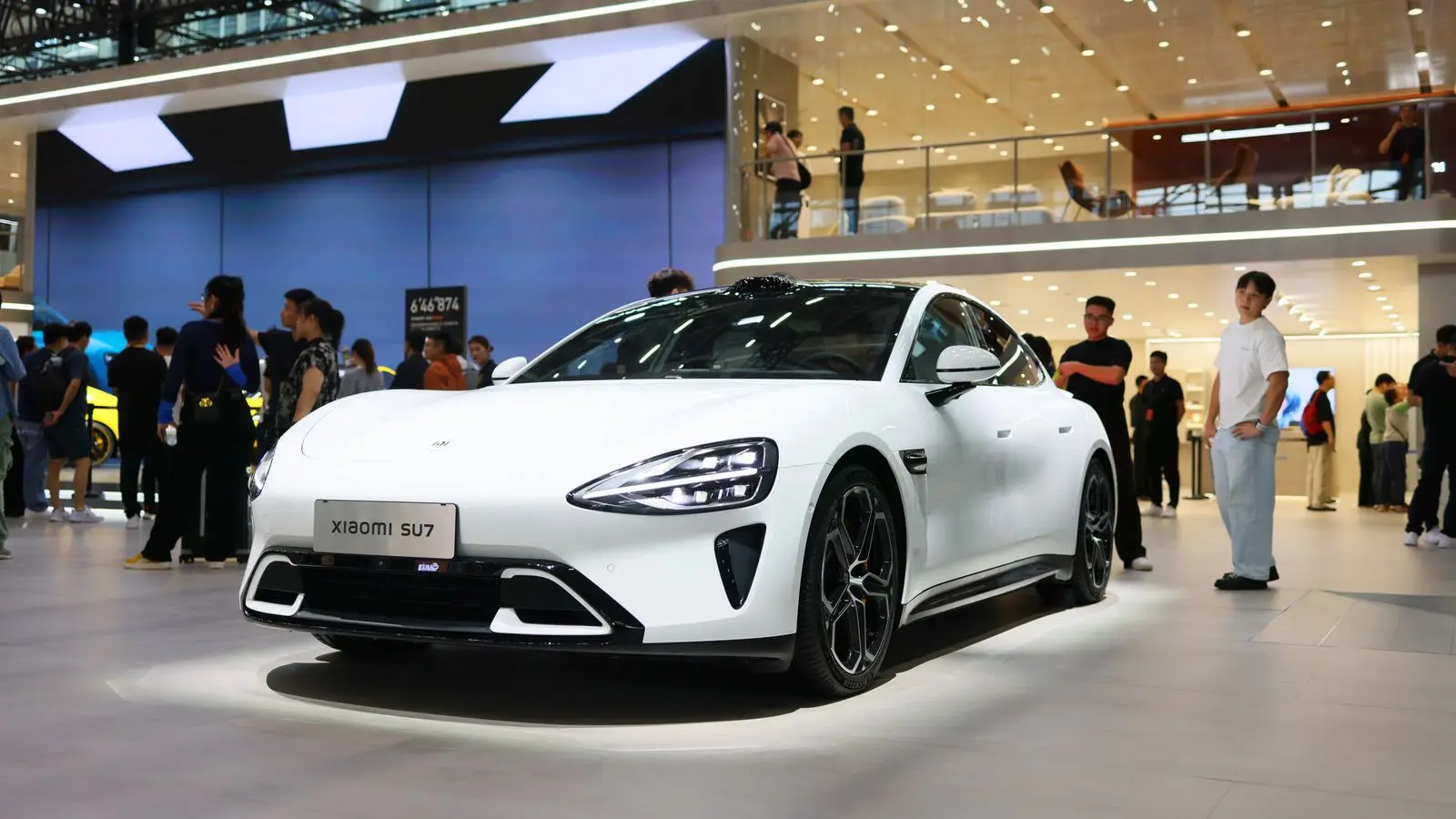Xiaomi’s European Flagship Stores Signal Its Upcoming EV Push

Xiaomi opens flagship stores in Essen and Madrid, marking the start of its European expansion. By 2027, the brand plans to launch its SU7 and YU7 electric cars on the continent, supported by its new R&D center in Munich.
Chinese tech company Xiaomi is steadily expanding its European presence, moving beyond smartphones and smart gadgets. After opening flagship stores in Essen and Madrid, the brand plans to launch ten more locations across Western Europe by the end of 2025. While these stores currently focus on consumer electronics, they clearly pave the way for future car sales.
The company has already confirmed plans to bring its SU7 sedan and YU7 crossover to Europe in 2027. This is part of Xiaomi’s broader vision of the “Human x Car x Home” ecosystem, integrating devices, homes, and personal mobility into a single connected network.
A research and development center in Munich is now working on adapting Xiaomi’s vehicles to European standards. Under EU Regulation (2018/858), type approval will be required before market entry, and the Munich hub is expected to handle certification and testing to meet safety and environmental criteria.
The SU7 and YU7, comparable to Tesla’s Model 3 and Model Y, are leading candidates for export. In China, the YU7 costs around $36,000, but European prices will likely rise following the EU’s 2024 tariffs on Chinese-made electric vehicles. Despite that, Xiaomi continues to expand its lineup, developing a three-row SUV and a long-wheelbase SU7 variant.
It remains unclear which countries will host the first showrooms, but the company’s strategy appears methodical. These new European stores aren’t just retail spaces for gadgets—they’re Xiaomi’s first bridge to future EV buyers. If all goes to plan, 2027 could mark the moment when the first Xiaomi electric cars roll onto European roads.
Mark Havelin
2025, Oct 06 05:09


